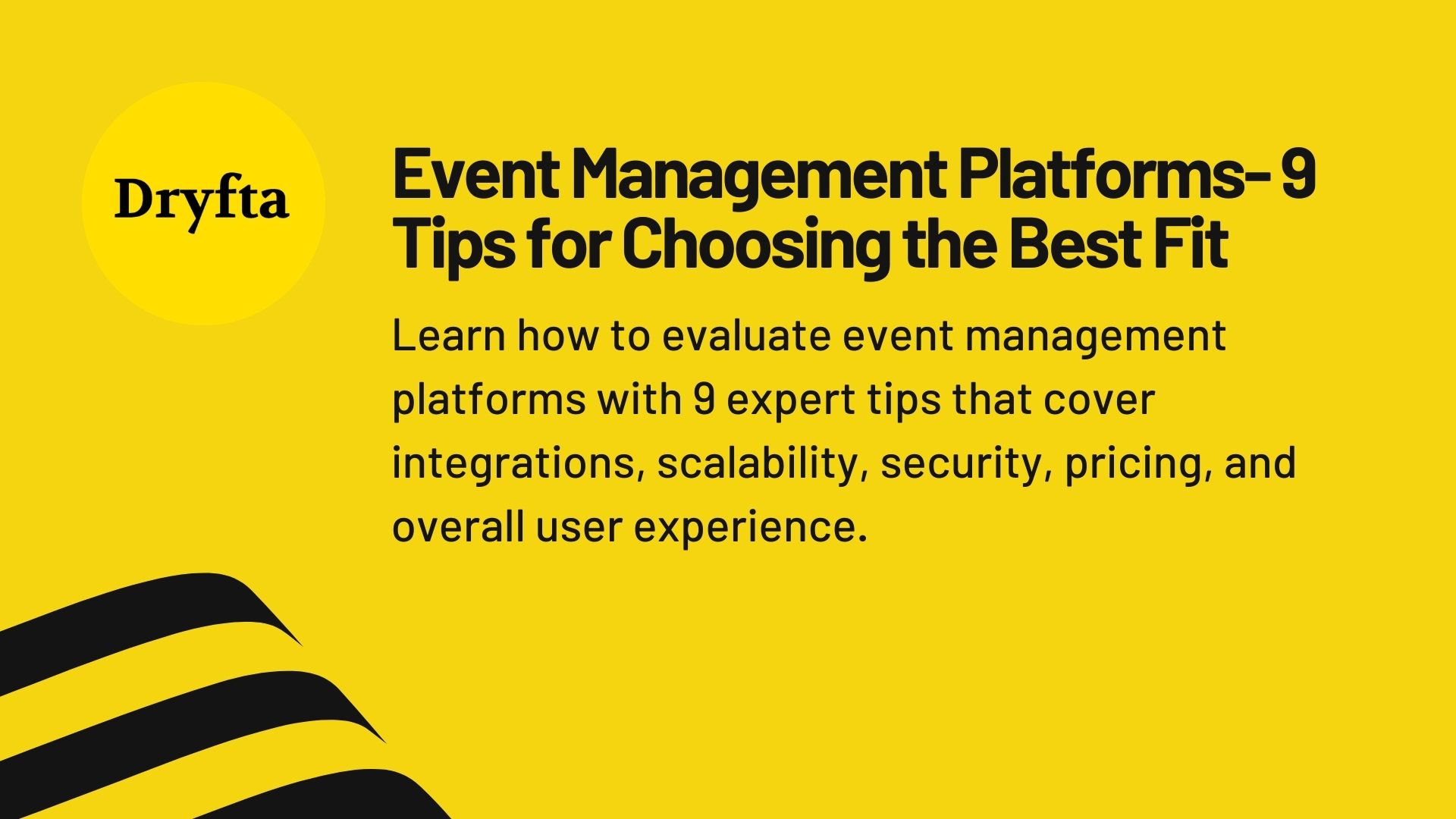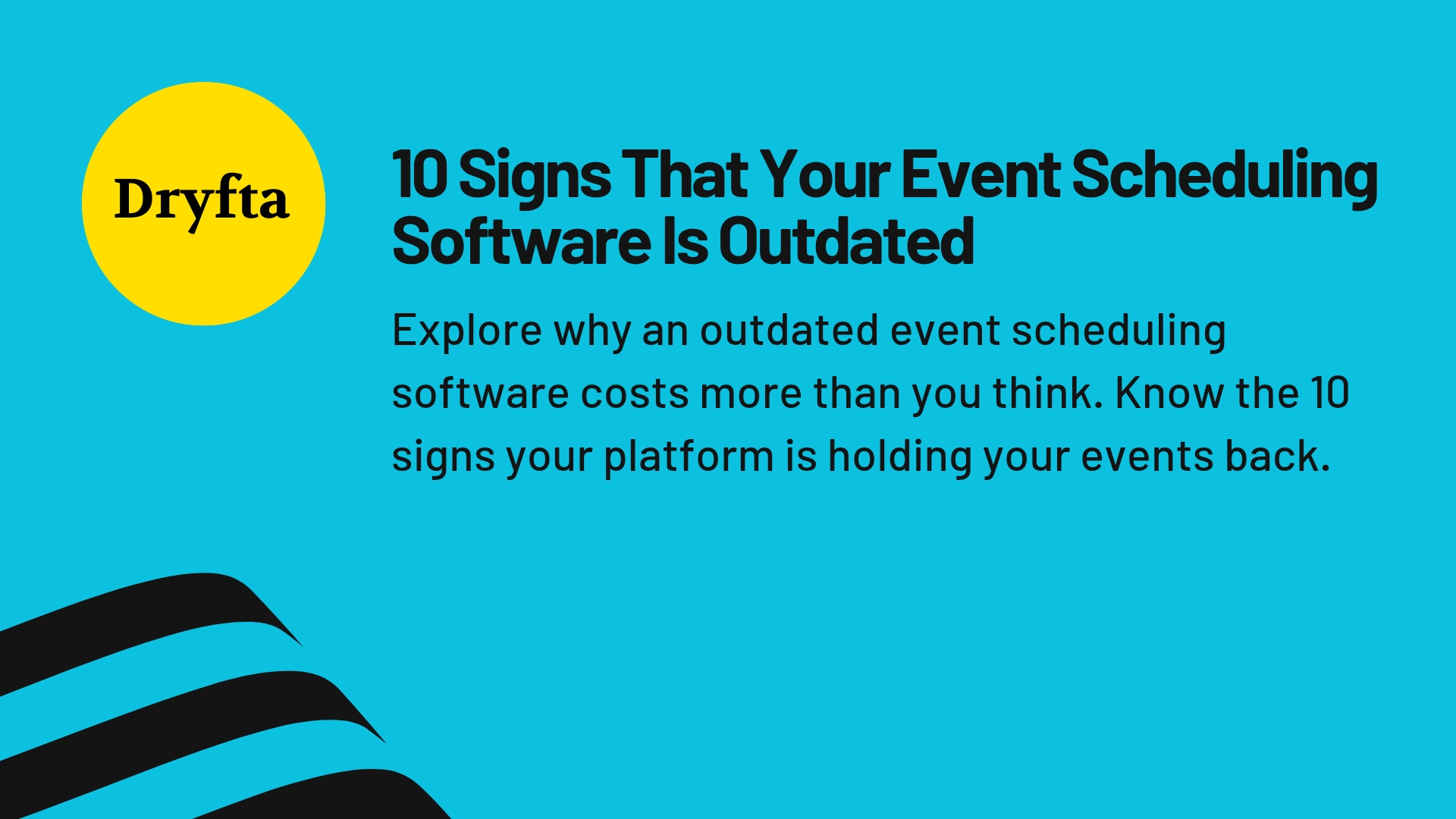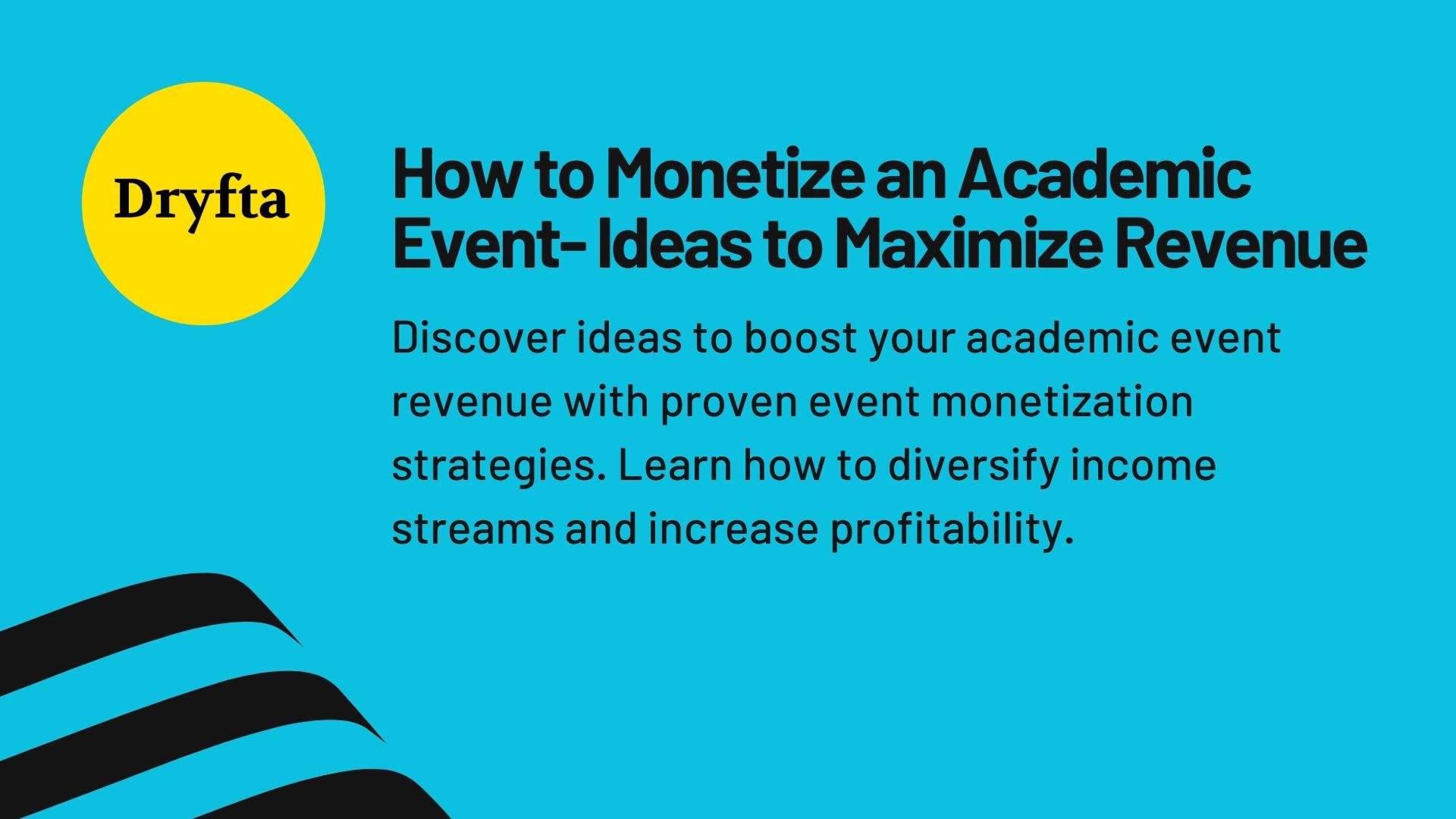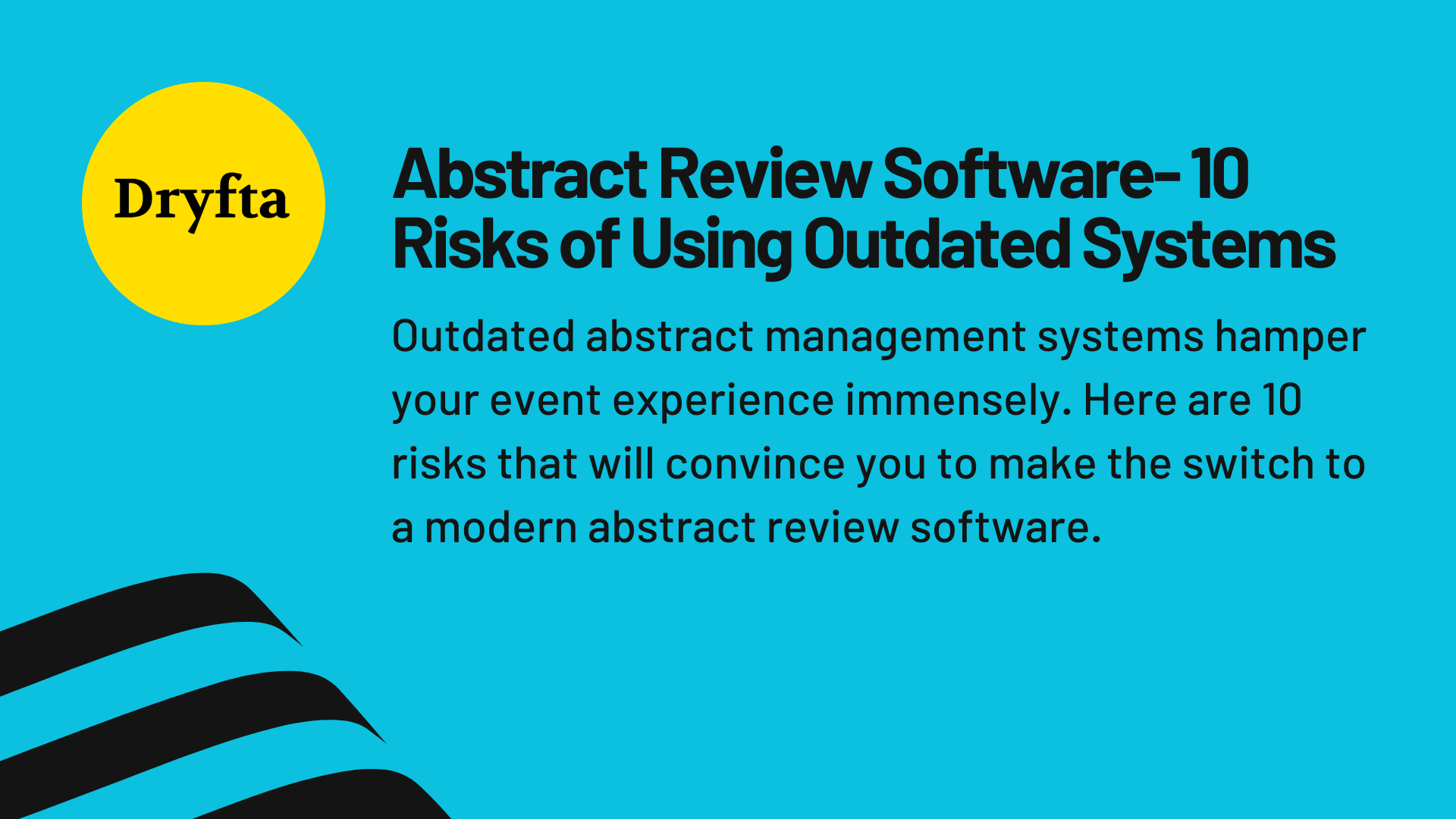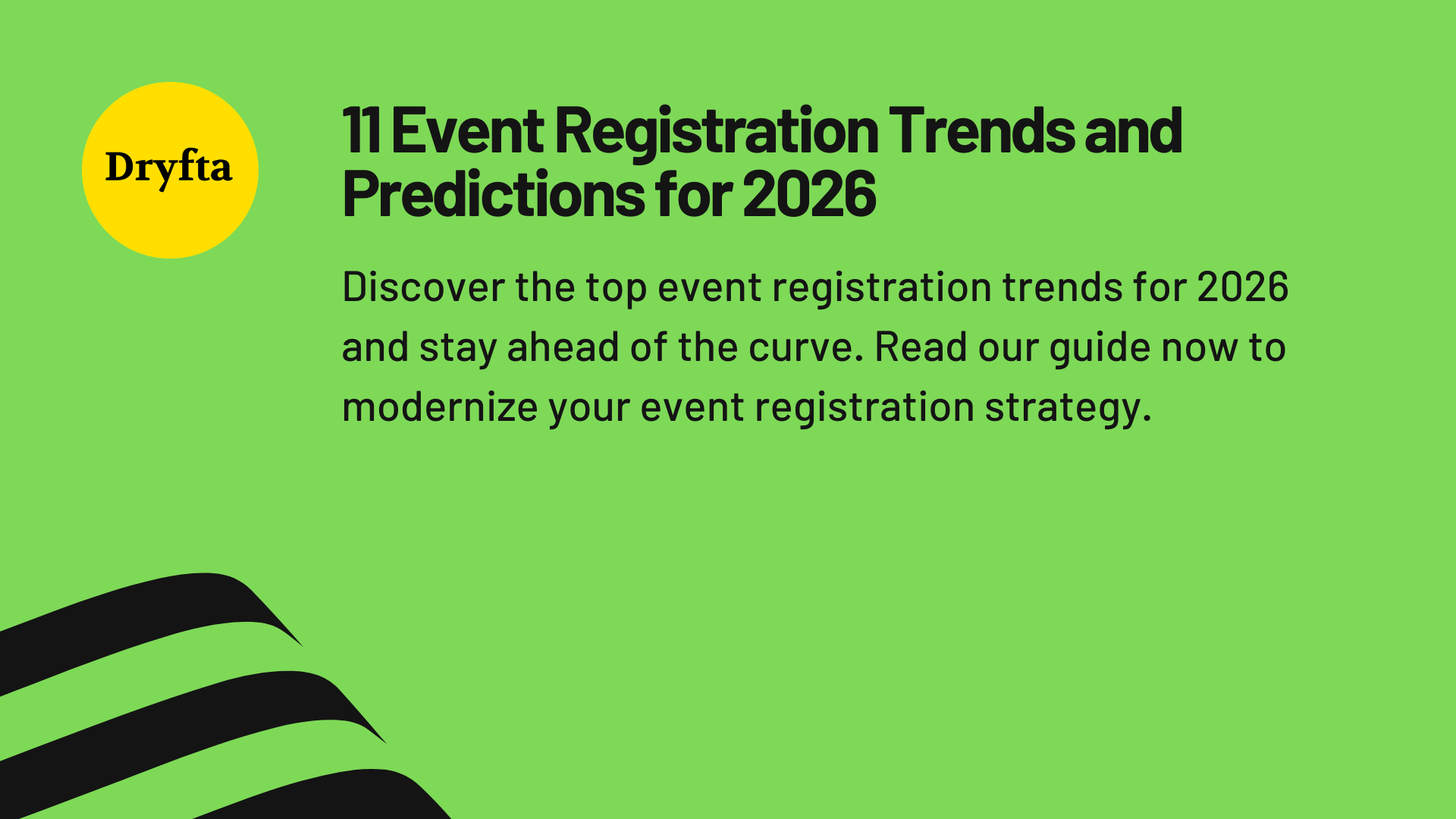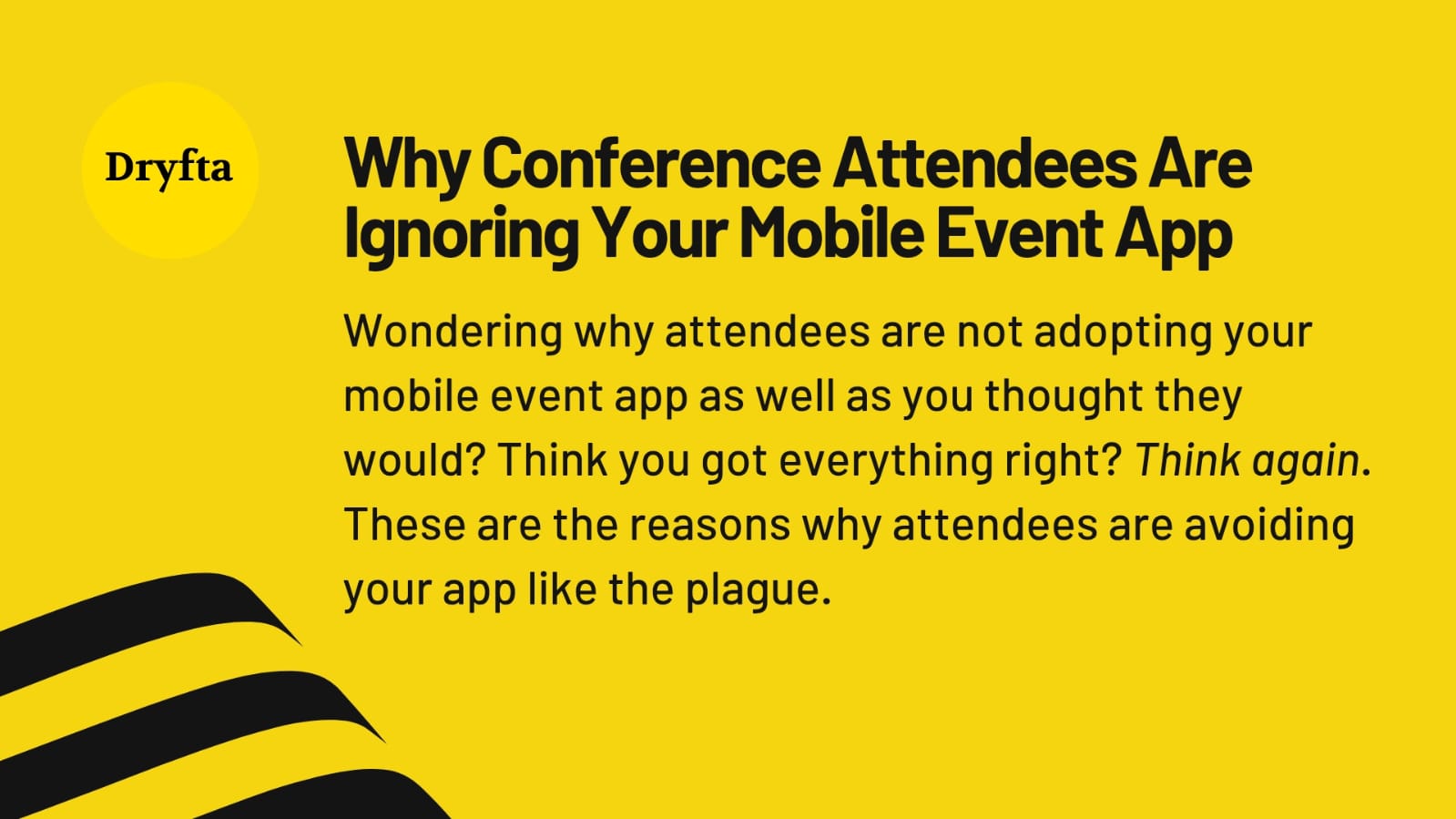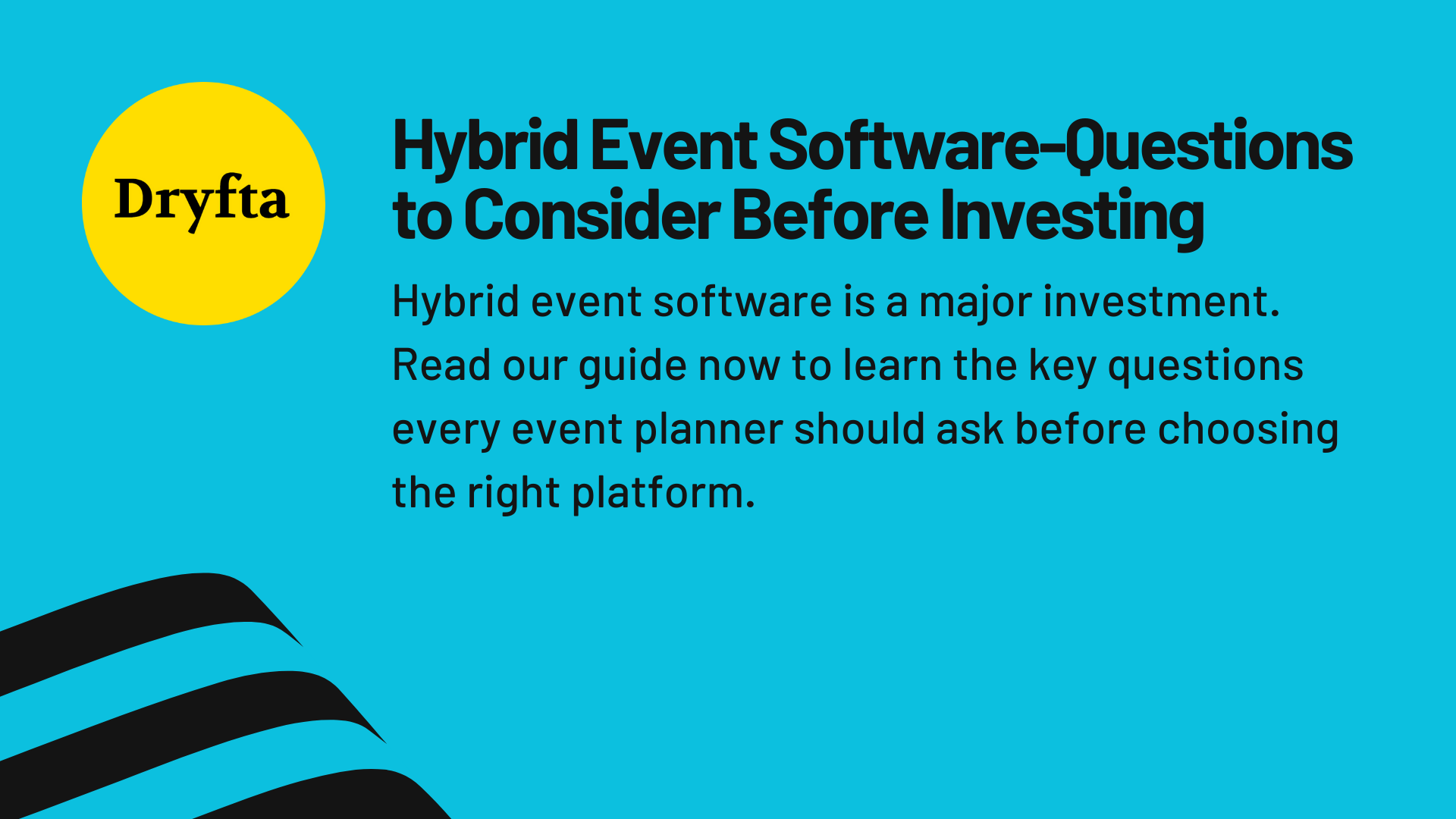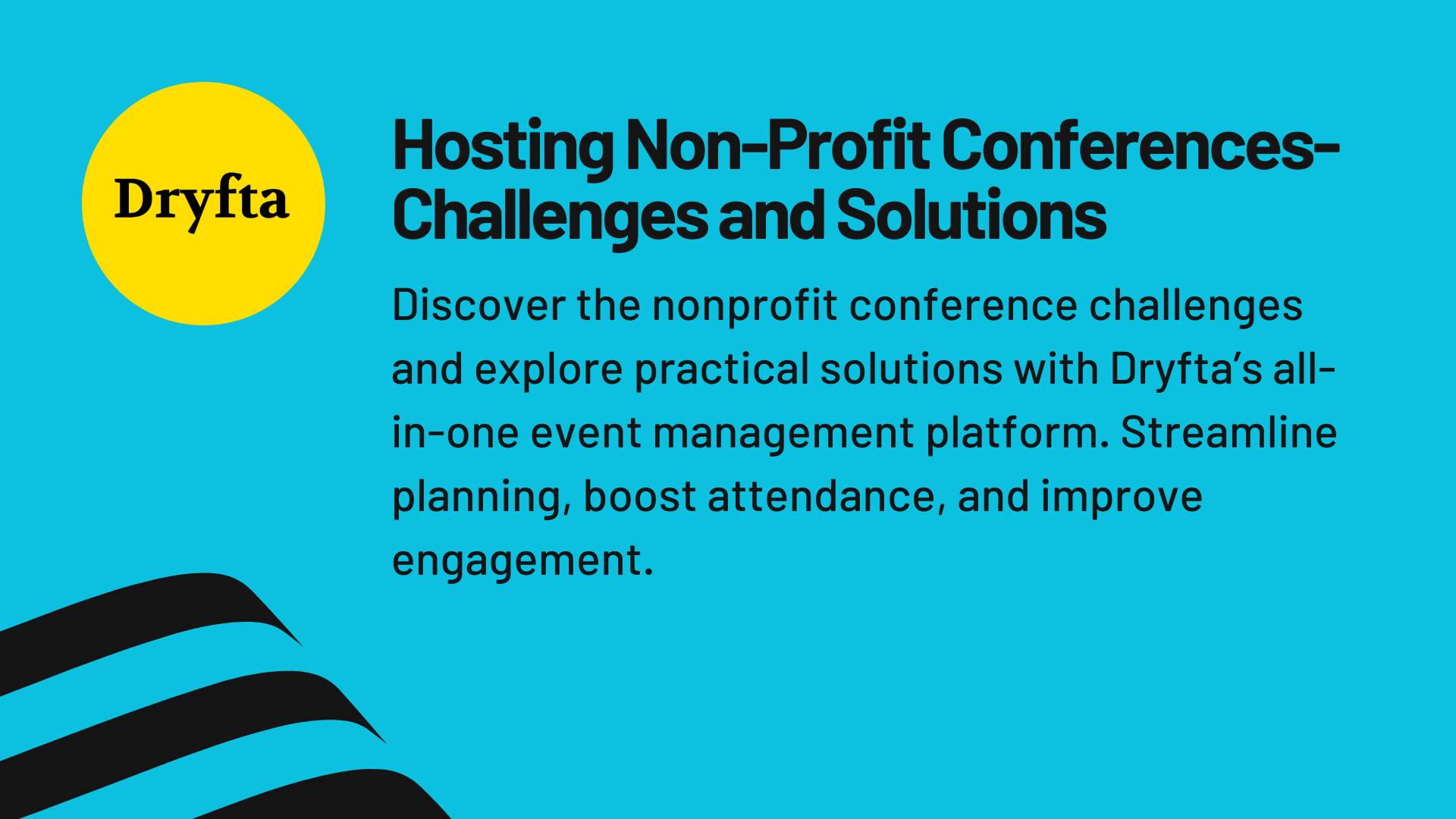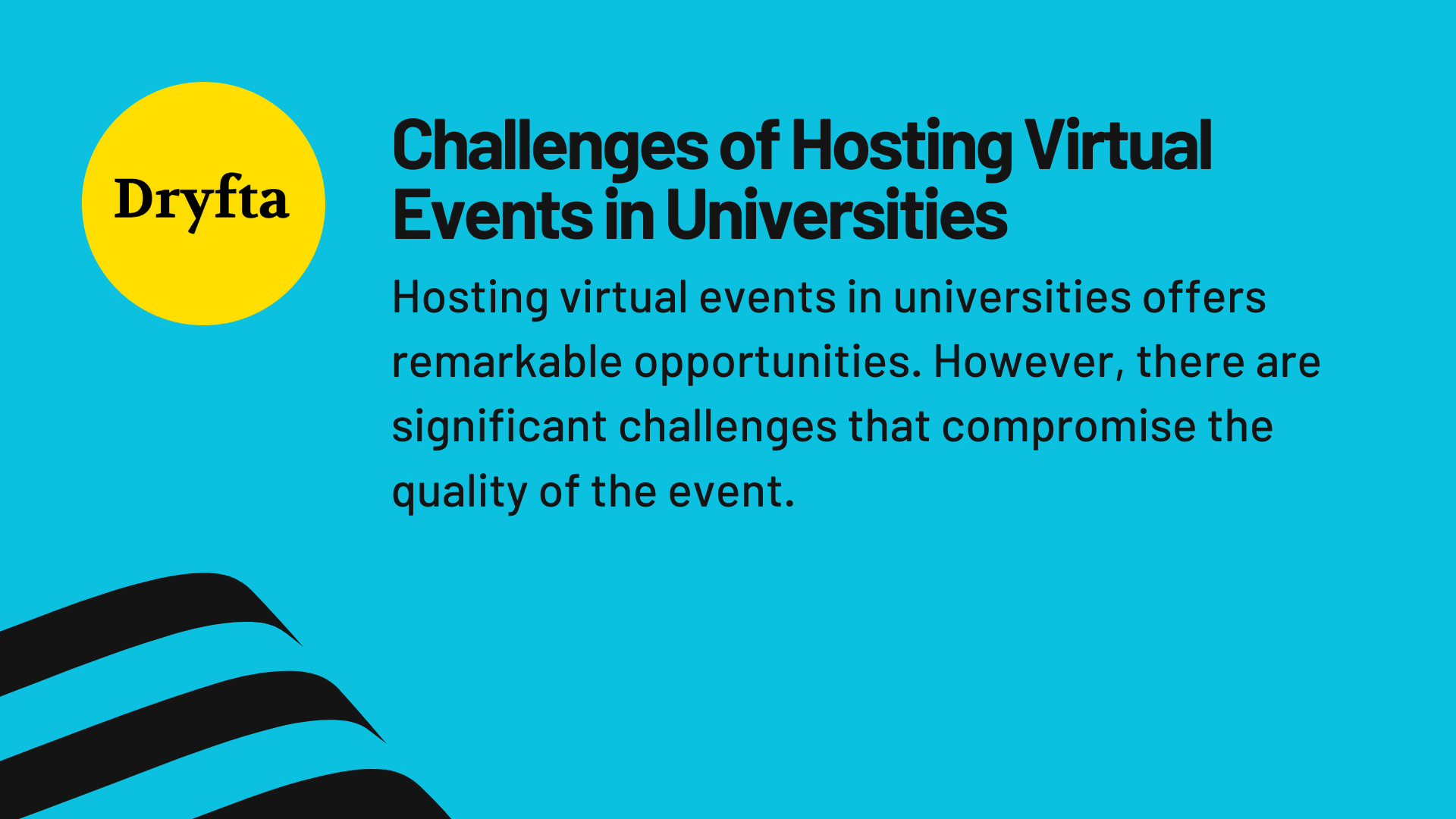
If you have ever found yourself not reaching your highest potential despite having the capability to do so, you resemble the average event planner today. You know that you can do much better. You also realize that you are, in fact, already sitting on a goldmine in the form of your event content and do not have to look any further. Yet you do not act on it. You think, deliberate and let go, somehow convincing yourself that you do not have enough resources.





